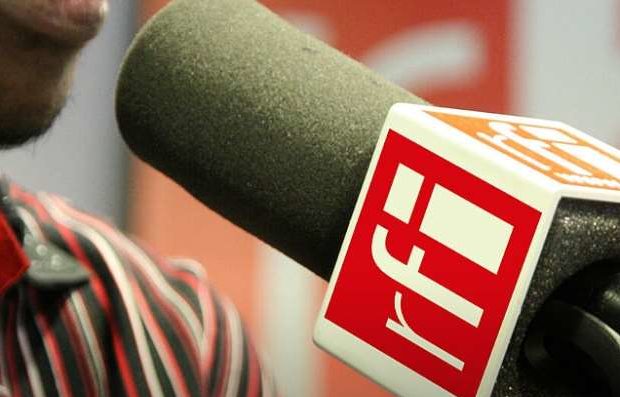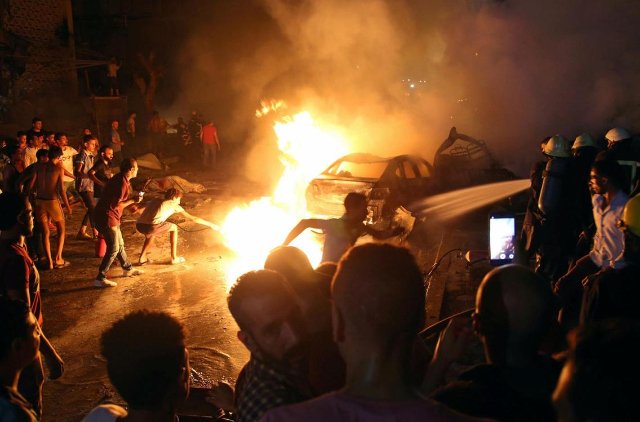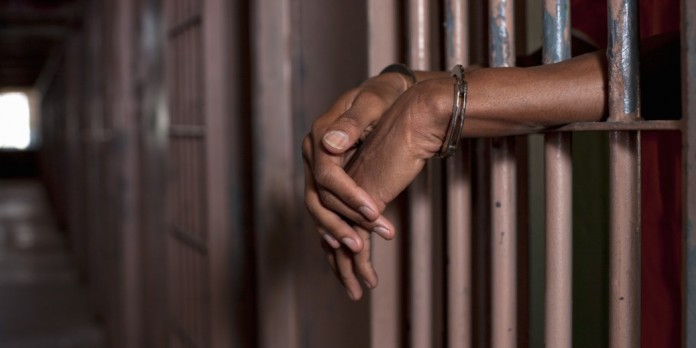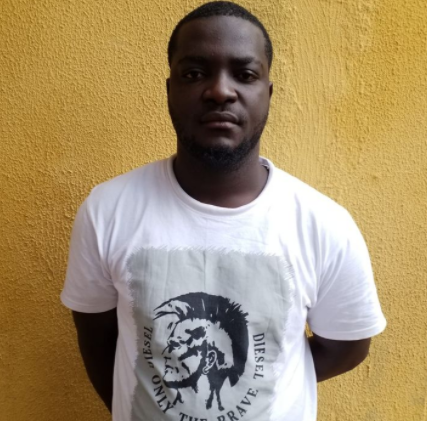RFI denounces ‘unfounded’ suspension of broadcasts by Burkina Faso junta

In a press release, RFI’s management said the cut-off occurred without prior notice and without implementing the procedures provided for in the station’s broadcasting agreement established by Burkina Faso’s Superior Council of Communication.
“The France Médias Monde Group will explore all avenues to restore RFI’s broadcasting, and recalls its unwavering commitment to the freedom to inform and to the professional work of its journalists,” the press release said.
Burkina Faso on Saturday ordered the immediate suspension of Radio France Internationale (RFI) broadcasts, accusing it of putting out a “message of intimidation” attributed to a “terrorist chief”.
It is the second West African country under military rule, after Mali, to take RFI off the airwaves this year.
Accusations
RFI had contributed to “a desperate manoeuvre of terrorist groups” to dissuade thousands of Burkinabe citizens mobilised for the defence of the country, said Burkinabe government spokesman Jean Emmanuel Ouedraogo.
At the beginning of the week, the Al-Qaeda-affiliated Support Group for Islam and Muslims threatened in a video to attack villages defended by the pro-government VDP militia in Burkina Faso.
The VDP are civilian volunteers given two weeks’ military training to work alongside the army carrying out surveillance, information-gathering or escort duties.
The government had already, on 3 November, protested the contents of the French broadcaster’s reports, said the government statement.
- Burkina Faso transitional leader confirms coup attempt but favours dialogue
- Burkina Faso holds security forum two weeks after military coup
“Considering everything that has happened before, the government has decided on the immediate suspension, until further notice, of the broadcasting of Radio France Internationale’s programmes.”
The government also accused RFI of having relayed “misleading information” suggesting the leader of the Burkinabe junta, Captain Ibrahim Traore, had said there had been an attempted coup against him.
In Burkina Faso, RFI is broadcast on five FM relays, shortwave, free-to-air on several satellites and via some 50 partner radio stations.
It is followed each week by more than 40 percent of the population.





